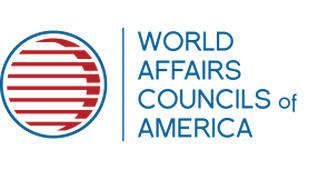
Ted Nordhaus
Ted Nordhaus is an American author, environmental policy expert, and the director of research at The Breakthrough Institute. He was listed in Time magazine's Heroes of the Environment (2008), winner of the 2008 Green Book Award, co-editor of Love Your Monsters (2011) and co-author of Break Through (Houghton Mifflin 2007) and The Death of Environmentalism (2004). He and his co-author Michael Shellenberger were described by Slate Magazine as "ecomodernists" or "eco-pragmatists".
Nordhaus is director of research at the Breakthrough Institute, which he co-founded with Michael Shellenberger in 2003. Today, Breakthrough Institute consists of a policy staff, an annual conference, a policy journal, and a network of affiliated fellows.
The Institute argues that climate policy should be focused on higher levels of public funding on technology innovation to "make clean energy cheap," and has been critical of climate policies like cap and trade and carbon pricing.
The Institute has conducted research showing that shale gas and other major technological innovations were created by American government institutions and public financing. The Institute advocates higher levels of public spending on technology innovation, which they argue will lead to higher environmental quality, economic growth, and quality of life.
Ted Nordhaus is an American author, environmental policy expert, and the director of research at The Breakthrough Institute. He was listed in Time magazine's Heroes of the Environment (2008), winner of the 2008 Green Book Award, co-editor of Love Your Monsters (2011) and co-author of Break Through (Houghton Mifflin 2007) and The Death of Environmentalism (2004). He and his co-author Michael Shellenberger were described by Slate Magazine as "ecomodernists" or "eco-pragmatists".
Nordhaus is director of research at the Breakthrough Institute, which he co-founded with Michael Shellenberger in 2003. Today, Breakthrough Institute consists of a policy staff, an annual conference, a policy journal, and a network of affiliated fellows.
The Institute argues that climate policy should be focused on higher levels of public funding on technology innovation to "make clean energy cheap," and has been critical of climate policies like cap and trade and carbon pricing.
The Institute has conducted research showing that shale gas and other major technological innovations were created by American government institutions and public financing. The Institute advocates higher levels of public spending on technology innovation, which they argue will lead to higher environmental quality, economic growth, and quality of life.











